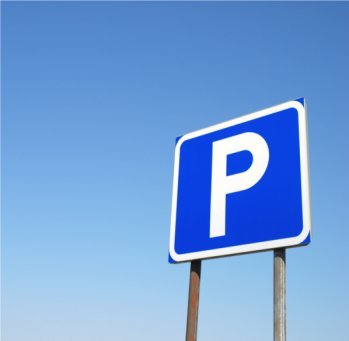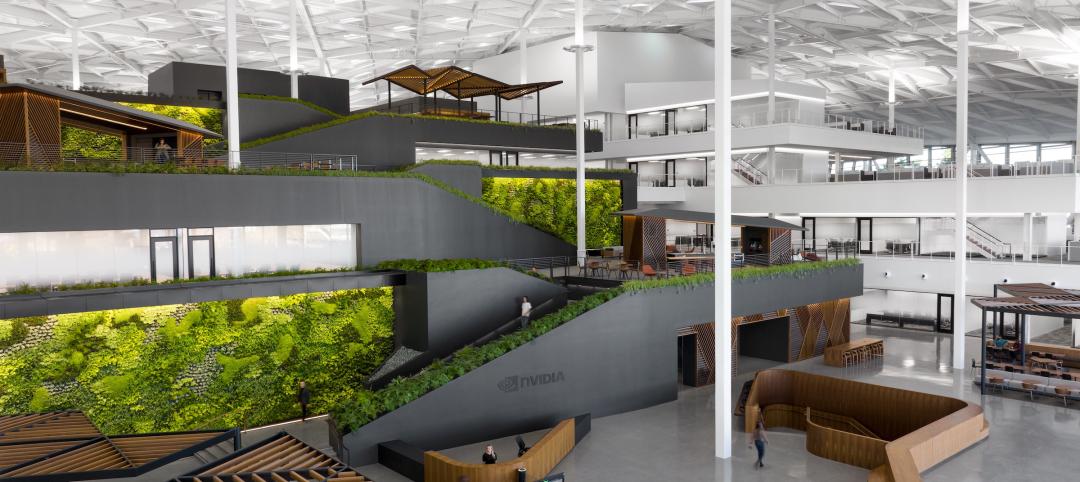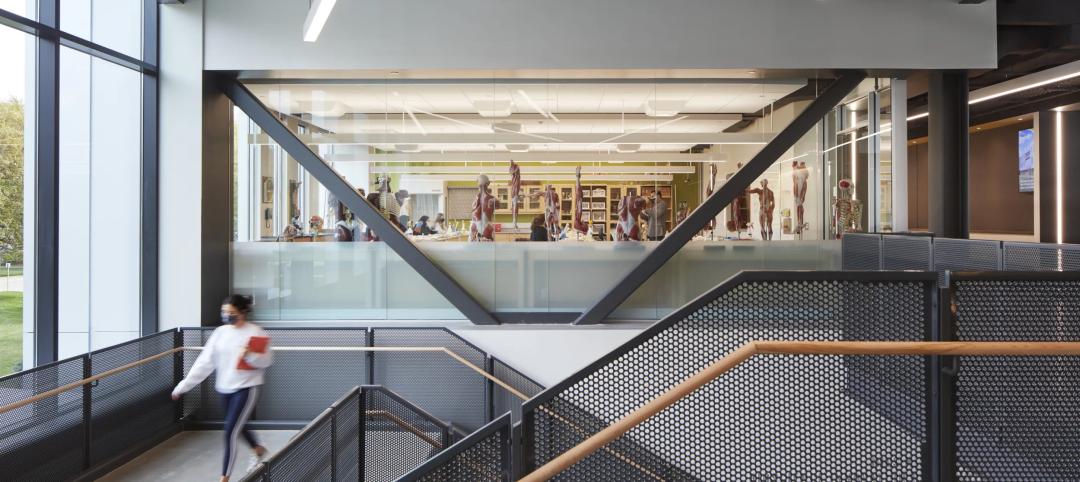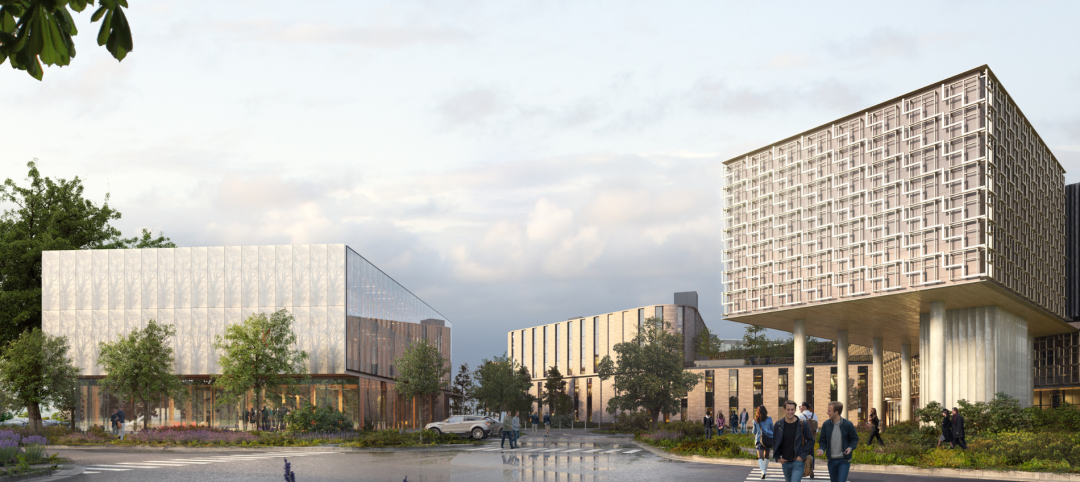According to the results of an industry-wide survey conducted by the International Parking Institute, increased demand for technology-related innovations account for half of the top ten trends in today's $30 billion parking industry. Among them, cashless, electronic, and automatic payment systems; real-time information about parking rates and availability via mobile apps; and wireless sensing devices for improved traffic management.
"Parking is all about mobility and connectivity," said Casey Jones, CAPP, chairman of the International Parking Institute (IPI), the world's largest association representing parking professionals and the parking industry. Jones shared results of the 2012 Emerging Trends in Parking Survey at the IPI Conference & Expo in Phoenix, Ariz. this week where more than 2,500 attendees, 220 exhibitors, and parking pros from 25 countries convened.
Jones says survey results reflect the demand for technology, sustainability, revenue-generation, and customer service that are converging to earn the industry new respect from Wall Street, Silicon Valley, and every drivable place in between, as forward-thinking planners come to the realization that parking matters to the design of more walkable, livable communities and to broader transportation issues.
More than one-third of those surveyed see the demand for green or sustainable solutions as a top trend affecting the parking profession. It is estimated that about 30% of the cars circling a city at any given time are doing so as drivers look for parking. Aside from the frustration factor, those cars are creating traffic congestion, viewed by survey respondents as being the single most significant societal change affecting the parking industry. From an environmental standpoint, that translates to incalculable amounts of wasted fuel and carbon emissions.
According to respondents, the number one strategy for making parking more sustainable is energy-efficient lighting, followed by parking space guidance systems that aid in finding parking faster, encouraging alternative travel, automated payment processes, solar panels, renewable energy technology, and accommodating electric vehicles.
An increased focus on customer service is another significant trend cited.
"Parking professionals are continually striving to make the parking experience better," says IPI Executive Director Shawn Conrad, CAE. He explains that the parking industry has expanded to serve cyclists, those who car-share, those en route to shuttle buses or light rail, and even pedestrians who benefit from parking facilities that serve as mobility connectors.
A chief problem seen by survey respondents is one those in the parking profession are working hard to correct: decision makers need to consult parking experts earlier in the planning process to prevent a myriad of design issues and other problems later on. When surveyed about the most common avoidable mistakes, respondents cited such issues as "lack of vision to invest in mass transit systems to handle large movements of people," "inefficient layout and poor aesthetics," "failure to think about parking in the planning stages," and "overlooking important issues such as water and power sources, snow removal, entry/exit functionality, and how and by whom the facility will be used."
Survey results showed a dead heat between urban planners, local government officials, and architects as those who most need to better understand parking and all its complexities.
When asked where parking would best fit as a course of study at an academic institution, nearly half of respondents suggested that parking should become part of the curriculum at schools for urban planners. Runners-up were schools where business and public policy is taught.
The 2012 Emerging Trends in Parking Survey was conducted in May 2012 among parking professionals by the International Parking Institute (IPI) and released at IPI's Conference & Expo. Results were tabulated and analyzed by the Washington, D.C.-based Market Research Bureau. A complete report is available at www.parking.org. +
Related Stories
Giants 400 | Aug 22, 2023
2023 Giants 400 Report: Ranking the nation's largest architecture, engineering, and construction firms
A record 552 AEC firms submitted data for BD+C's 2023 Giants 400 Report. The final report includes 137 rankings across 25 building sectors and specialty categories.
Giants 400 | Aug 22, 2023
Top 175 Architecture Firms for 2023
Gensler, HKS, Perkins&Will, Corgan, and Perkins Eastman top the rankings of the nation's largest architecture firms for nonresidential building and multifamily housing work, as reported in Building Design+Construction's 2023 Giants 400 Report.
Higher Education | Aug 22, 2023
How boldly uniting divergent disciplines boosts students’ career viability
CannonDesign's Charles Smith and Patricia Bou argue that spaces designed for interdisciplinary learning will help fuel a strong, resilient generation of students in an ever-changing economy.
Apartments | Aug 22, 2023
Key takeaways from RCLCO's 2023 apartment renter preferences study
Gregg Logan, Managing Director of real estate consulting firm RCLCO, reveals the highlights of RCLCO's new research study, “2023 Rental Consumer Preferences Report.” Logan speaks with BD+C's Robert Cassidy.
Shopping Centers | Aug 22, 2023
The mall of the future
There are three critical aspects of mall design that, through evolution, have proven to be instrumental in the staying power of a retail destination: parking, planning, and customer experience. This are crucial to the mall of the future.
Affordable Housing | Aug 21, 2023
Essential housing: What’s in a name?
For many in our communities, rising rents and increased demand for housing means they are only one paycheck away from being unhoused. It’s time to stop thinking of affordable housing as a handout and start calling it what it is: Essential Housing.
Healthcare Facilities | Aug 21, 2023
Sutter Health’s new surgical care center finishes three months early, $3 million under budget
Sutter Health’s Samaritan Court Ambulatory Care and Surgery Center (Samaritan Court), a three-story, 69,000 sf medical office building, was recently completed three months early and $3 million under budget, according to general contractor Skanska.
Healthcare Facilities | Aug 18, 2023
Psychiatric hospital to feature biophilic elements, aim for net-zero energy
A new 521,000 sf, 350-bed behavioral health hospital in Lakewood, Wash., a Tacoma suburb, will serve forensic patients who enter care through the criminal court system, freeing other areas of campus to serve civil patients. The facility at Western State Hospital, to be designed by HOK, will promote a holistic approach to rehabilitation as part of the state’s vision for transforming behavioral health.
Vertical Transportation | Aug 17, 2023
Latest version of elevator safety code has more than 100 changes
A new version of ASME A17.1/CSA B44, a safety code for elevators, escalators, and related equipment developed by the American Society of Mechanical Engineers, will be released next month.
Adaptive Reuse | Aug 16, 2023
One of New York’s largest office-to-residential conversions kicks off soon
One of New York City’s largest office-to-residential conversions will soon be underway in lower Manhattan. 55 Broad Street, which served as the headquarters for Goldman Sachs from 1967 until 1983, will be reborn as a residence with 571 market rate apartments. The 30-story building will offer a wealth of amenities including a private club, wellness and fitness activities.

















